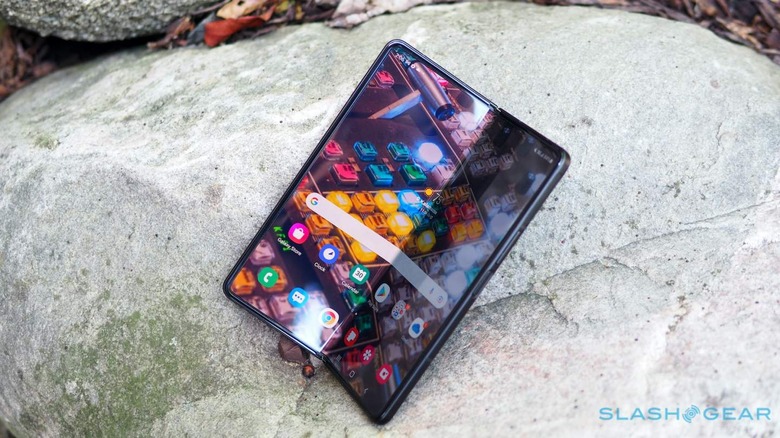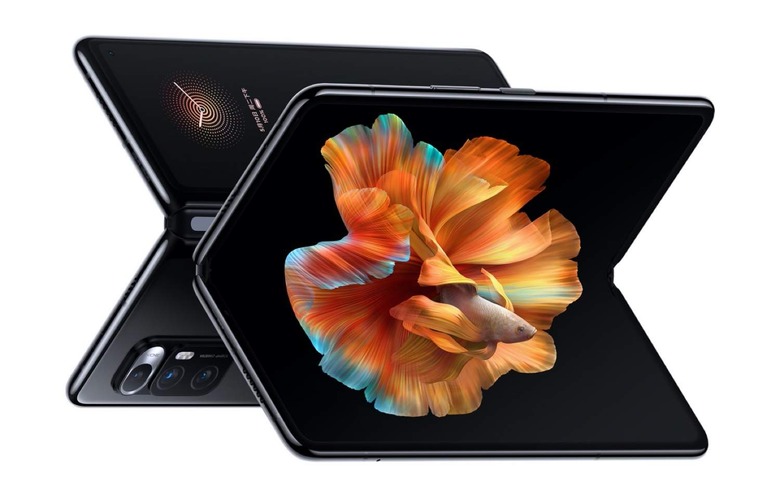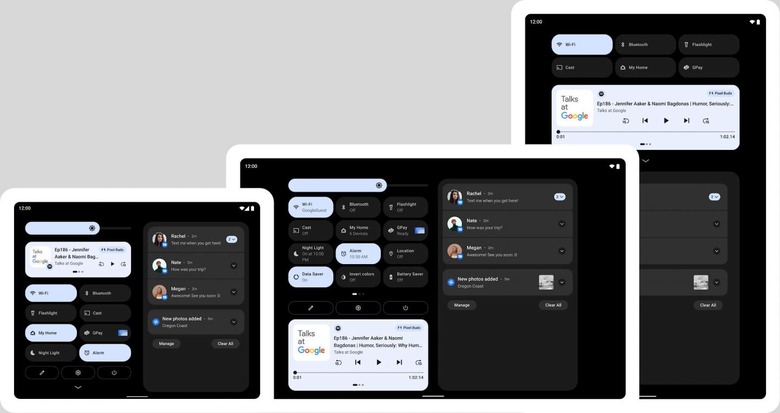Pixel Fold Cancellation Is A Missed Opportunity For Google And Android
Samsung is betting heavily on foldable devices. After the so-far successful run of the Galaxy Z Flip 3, the company is reportedly allocating a huge chunk of its production numbers to next year's generation. It might not be the only one competing in that market soon, however, with the likes of OPPO, vivo, Xiaomi, and even Honor expected to soon make foldables more common, if not a bit more affordable.One rumored player, however, might not be joining the game soon or at all, with word of the Google Pixel Fold's cancellation starting to go around the Internet. While it's not an unsurprising decision, it could be a rather unfortunate one that would have adverse effects down the line on Google and possibly Android in general.
Business Sense
The primary reason given by the anonymous source is that Google didn't think that a Pixel Fold would be competitive, at least not in its current state and the current state of the mobile market. Based on leaks, the foldable Pixel device sounded like a mix of a Galaxy Z Fold 3 with the camera system of a Pixel 3. At this point, anything less than the Pixel 6's camera array would sound sorely disappointing.
Foldables aren't mainstream either, despite there being at least three big names competing in that niche. The Galaxy Z Flip 3 might be selling well, but it will be the Galaxy Z Fold 3 that the Pixel Fold would contend with. It is definitely difficult to compete with Samsung on this front unless you get the mix of features and price exactly right from the get-go.
Then again, Google has never been one to shy away from making very expensive experiments that almost never see the light of day on retail shelves (Google Glasses, anyone?). There will undoubtedly still be a market for a Pixel Fold, just as there continues to be a market for the Pixel phones even with Samsung, Xiaomi, OPPO, and the rest taking the lion's share.
A foldable Pixel would have still offered something special that others might not be able to provide, especially when it comes to that Android experience that defines a Pixel in the first place.

Samsung Monoculture
Another perspective on the news sees Google giving way to help Samsung to push Android foldables forward. After all, Samsung played the part of a good Android citizen and collaborated closely with Google for its changes to Android that would benefit all foldables in general. This could be Google's way of letting Samsung enjoy some exclusivity, but three generations of devices is probably long enough.
Letting Samsung take the lead in the foldable market isn't a good thing for Android in the long run. It lets one brand set the tone and expectations of how foldable Android devices would behave, promoting features that aren't even present on "vanilla" Android. When not if Google decides to come out with a "reference" foldable device, it might find an even smaller and more niche audience that will be looking for features it doesn't or can't provide.
Android Fragmentation
Conversely, Samsung won't be the only player in that arena for long, at least if OPPO, vivo, and Honor are indeed joining the fray soon. These happen to also be the companies that tend to do things their own way and, if the Huawei Mate X2 and Xiaomi Mi Mix Fold are any indications, their foldable devices will also present their own custom Android experiences. Experiences that might not be in line with Google's vision for Android.

It's actually disappointing to hear of the Pixel Fold's possible premature death right after Google announced its Android 12L "spin". That feature drop is, of course, meant for Android on large screens, like tablets and even external monitors, but it revolves around how apps and user interfaces can dynamically adapt to the change screen sizes and shapes, exactly like a foldable phone. It builds upon Android 11, which officially added support for devices like the first Galaxy Fold and the Microsoft Surface Duo.
Foldables are here to stay
Foldable devices currently occupy a niche and expensive corner of the smartphone market, but that's probably not going to stay that way for long. While they might not be how our smartphones and tablets end up in the near future, they are going to play a key role in shaping that future. It won't be long before flexible display panels become more common and more affordable, and we start seeing all kinds of shape-shifting mobile devices, from foldables to rollables.
As the Android platform maker, Google is in a position to actually drive how that platform shapes the future, rather than letting the likes of Samsung and half a dozen OEMs take it in very different directions. While it doesn't take away the freedom of other manufacturers to craft their own experiences, a Pixel Fold could at least set the bar for what a foldable Android experience should be, at least from Google's perspective.

Unfortunately, Google has a record of being reactive rather than proactive, losing the mean leads it had with Android. iOS, for example, has now caught up with home screen widgets, pushing Google to brush the dust off that feature for Android 12. iPad Pros are also defining the tablet space, with Samsung taking second place only. Hopefully, it won't take a foldable iPhone or iPad, which probably won't come until 2023 at the earliest, for a Google Pixel Fold to also happen.
